Oh, to have a world with all humans learning from each other. To know other cultures and other peoples, and to all work together to achieve the common goal of liberty being preserved.
Sadly, many developed countries have a tendency to be clueless when it comes to geography and the outside world. People tend to say something along the lines of, "Well I'm from x country, so I do not need to know."
I'm sorry, but you are very much mistaken. In this interconnected world, you do need to know. This is a poor image for a nation to carry, that of ignorance and stupidity.
Many of you probably read my article about how diversity actually helps the Republic.
Now you may be wanting to know more about specific cultures but be uncertain of where to start.
My friends, today is the day – today I challenge each and every one of you to the Great Culture Challenge.
I have always loved geography. I memorized all the countries when I was 9-years-old, visited cultural events, had friends from around the world, and took part in the National Geographic Geography Bee. I was born in the USA but was fortunate enough to have a great education that involved foreign cultures.
Sadly, many districts in the US are underfunded when it comes to geography. For this problem, I strongly urge the government to increase educational funding for the humanities and geography subjects. The cost of travel is another issue. I realize that it is still possible to learn about the world from textbooks – I myself never left the country until I was 20. But travel still is a valuable way of learning about the world and cultural interaction.
I urge the US and other governments to provide more scholarships (in addition to Fulbright) that are more inclusive and allow people to travel at a cheaper rate for education and cultural enrichment activities. I realize that such programs exist, but as they stand now, they are mainly accessible for those of a high-income bracket.
Now for things we can do in our everyday lives to enrich cultural education...
Are we all set for our journey around the world? First of all, I'm going to divide the world into the seven continents to make it easier:
1. North America
2. South America
3. Europe
4. Asia
5. Africa
6. Australia
7. Alright, we do not actually have to do Antartica, but if you want to. ;)
Now take one of these continents and look at the individual countries. Read at least one history book for a particular country. I would recommend first starting out with a general overview of the country's history and finding an event or person who seems the most interesting to you.
Why start with the history? That is the best way to understand the culture – from the history. You cannot truly understand a people and why they have certain perceptions of things without knowing the history of that country.
Now that we have the history down pat, move on to folktales. Read and enjoy these fairy tales but also keep in mind they are most likely talking about exaggerated versions of real events. Another important thing to remember about folktales is they have important qualities that are to be valued by a civilization.
Take Cinderella, for example; it shows how a kind heart will get rewarded.
Do you know anybody from a foreign country?
Think of those from your church or from your school. Talk to them! Ask them random questions about their country and maybe invite them to tea/coffee and strike up a conversation about life in their native country and life in America.
Are any of your friends living abroad? Try to Skype them and see if they have noticed any cultural differences while teaching English abroad or working abroad.
Cook some authentic international meals; try to cook a new country's meal every week. If you can, go out to an international restaurant and try out cuisine from another place.
TV and movies are a great way to get familiarized with a language. Please keep in mind that TV is entertainment and may not accurately represent a culture, but it is a great way to hear stories and the spoken words of a language. A friend of mine brought to my mind that many foreign TV/movies are not available in the US. US companies like Netflix should open up more to foreign TV shows, which should be promoted more widely to American audiences. The sharing of the arts is a great way to pique interests in other cultures and parts of the world.
Look on the news, choose the first 10 countries you see and read a Wikipedia about their history and culture. Read news in other languages and from other countries (Canada, the UK, Ireland, etc., for those who want to stick with English).
Keep in mind when you learn about a country – such as Spain, for example – it is important to know about all the cultures in that country. Basques, Catalans, Canary Islanders, and other groups make up Spain as we know it.
These groups all have their own history, traditions, and languages – and they are all worth reading about.
The most important rule of this challenge is – have fun! There is no deadline, no grading. The most important thing is to get talking with people from other countries and expose yourself to stories and media from around the world.

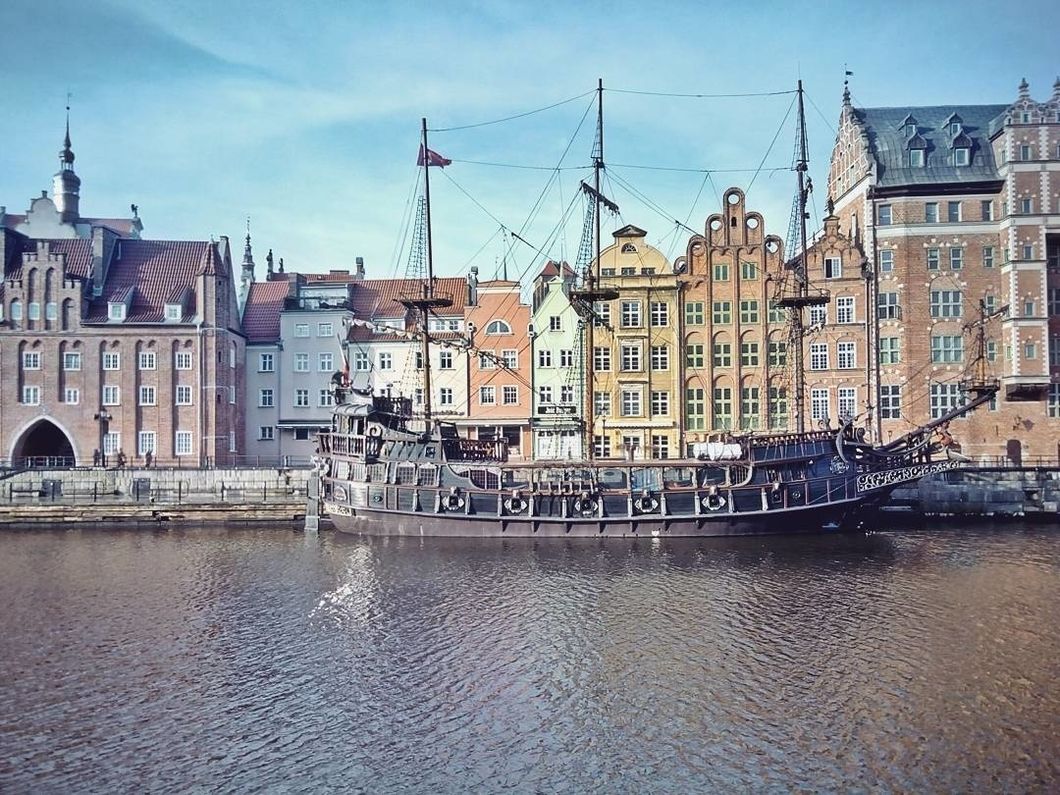

 Photo by
Photo by  person holding black smartphone on white textile
Photo by
person holding black smartphone on white textile
Photo by 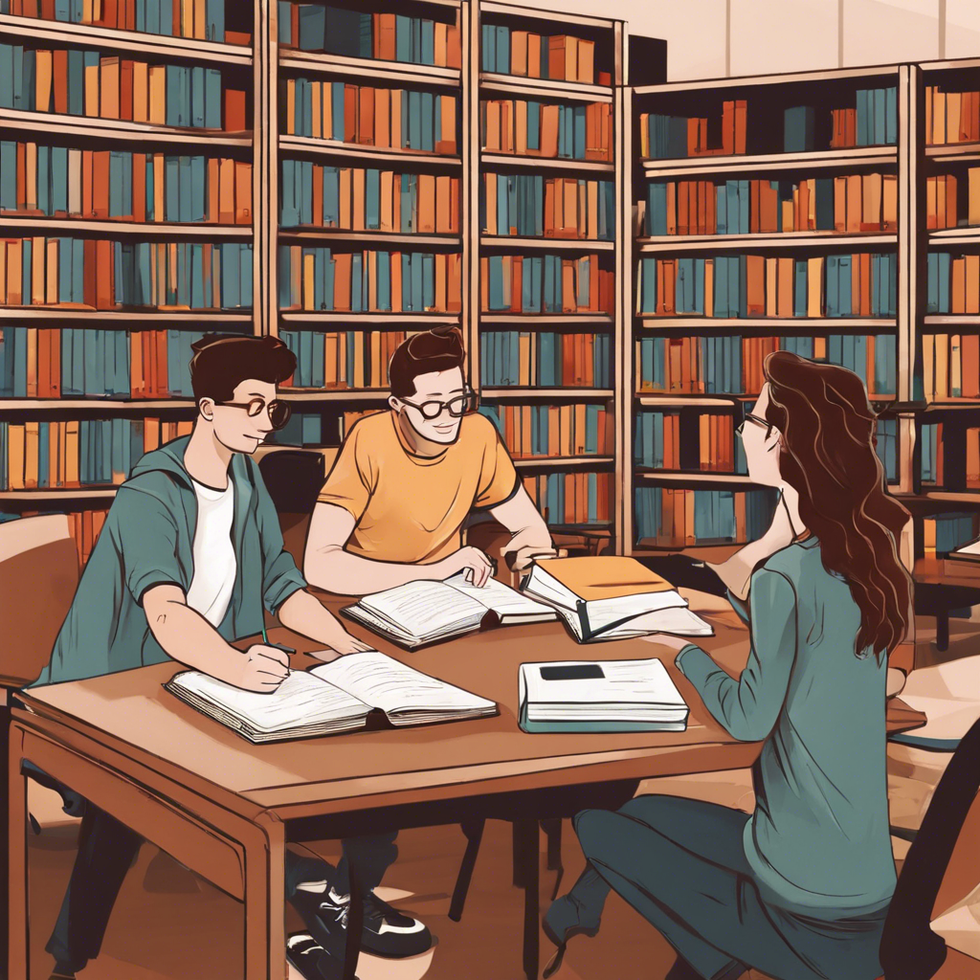 StableDiffusion
StableDiffusion
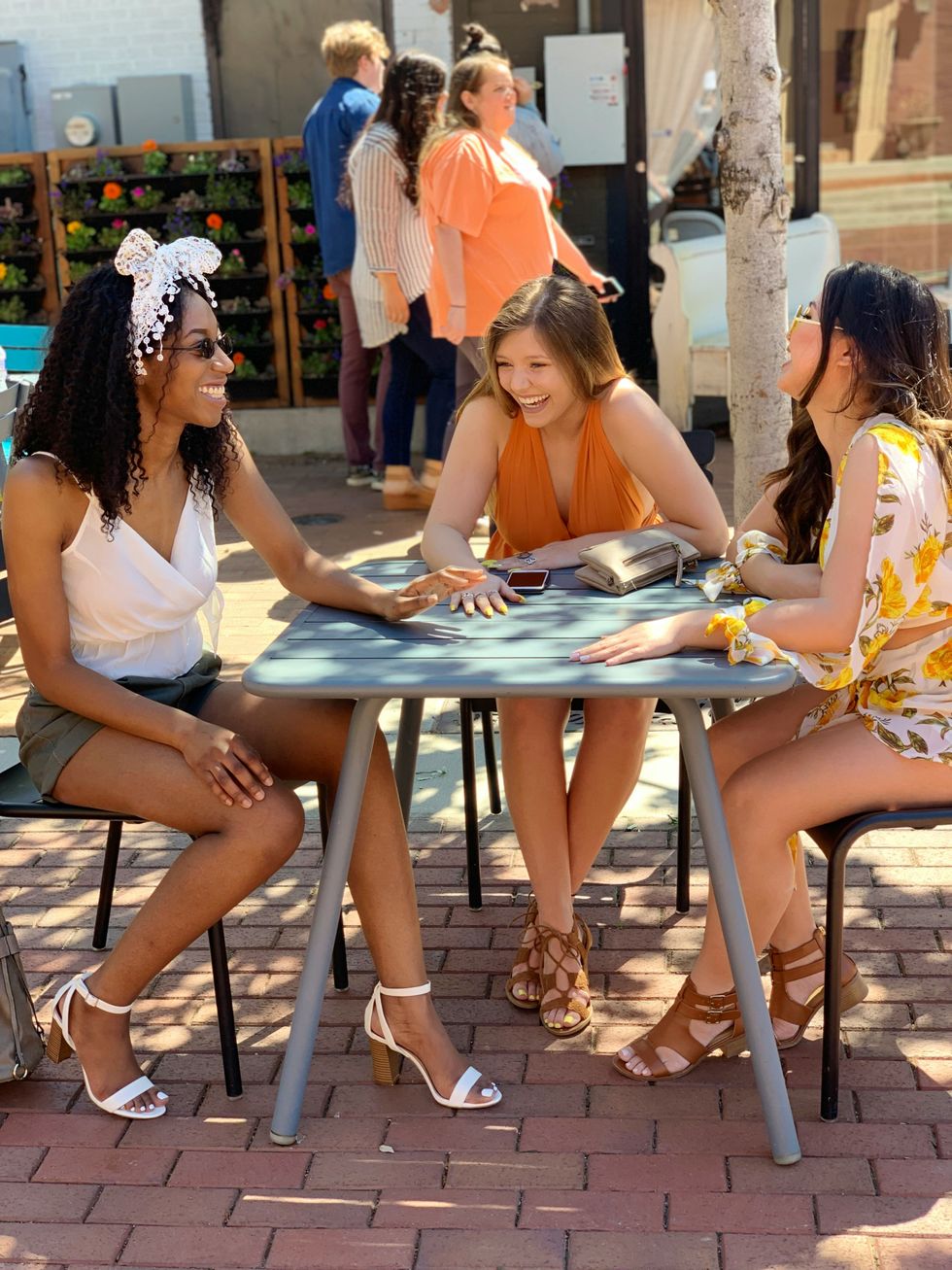 Photo by
Photo by  Photo by
Photo by 
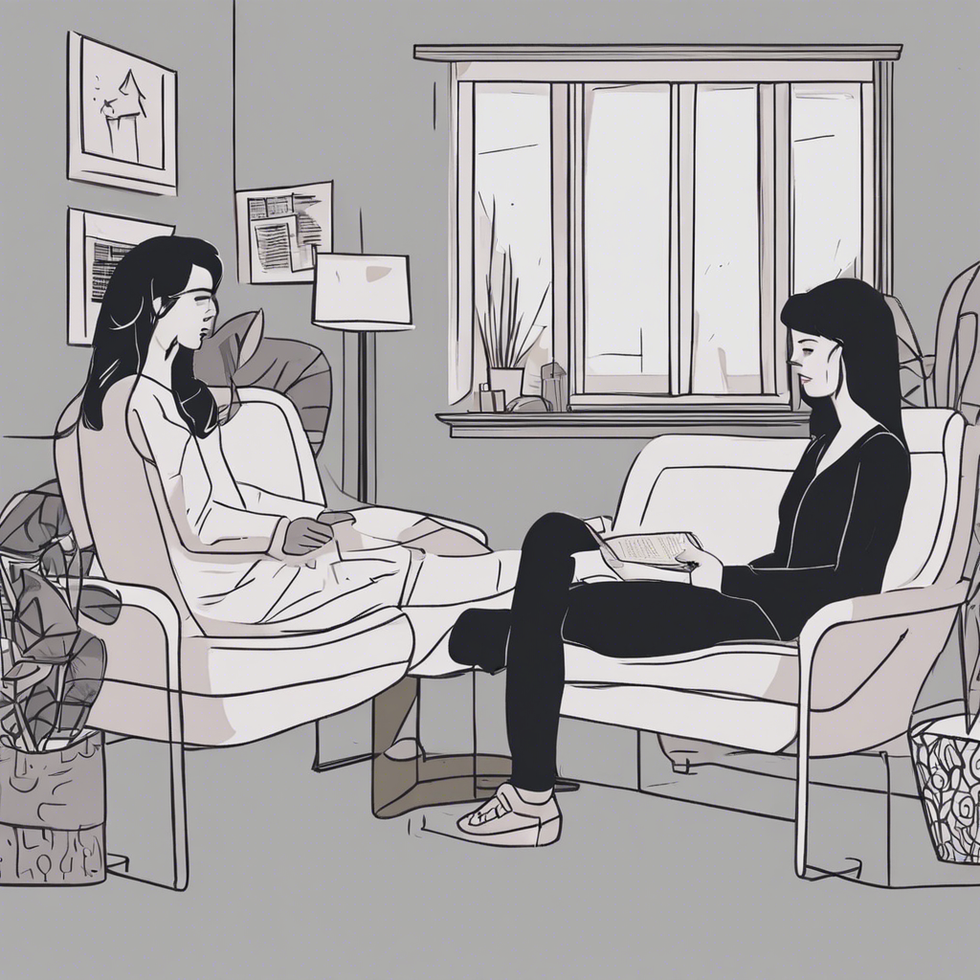 roommate as a therapist
StableDiffusion
roommate as a therapist
StableDiffusion
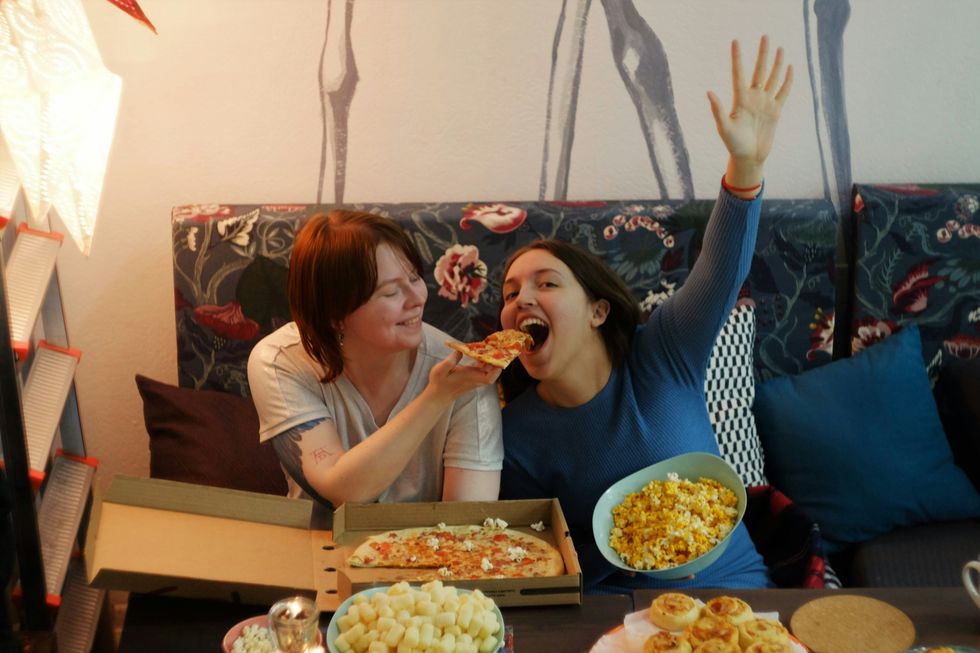 woman in white shirt eating pizza
Photo by
woman in white shirt eating pizza
Photo by  person holding remote pointing at TV
Photo by
person holding remote pointing at TV
Photo by  person holding assorted clothes in wooden hanger
Photo by
person holding assorted clothes in wooden hanger
Photo by  a couple of
a couple of  friends cleaning apartment
StableDiffusion
friends cleaning apartment
StableDiffusion
 man driving car during golden hour
Photo by
man driving car during golden hour
Photo by  bacon strips and melted cheese topped fries on oval white and blue platter with gray stainless steel forks
Photo by
bacon strips and melted cheese topped fries on oval white and blue platter with gray stainless steel forks
Photo by  selective focus photography of eyeshadow palette
Photo by
selective focus photography of eyeshadow palette
Photo by  brown wooden framed white padded chair in between green indoor leaf plants inside bedroom
Photo by
brown wooden framed white padded chair in between green indoor leaf plants inside bedroom
Photo by 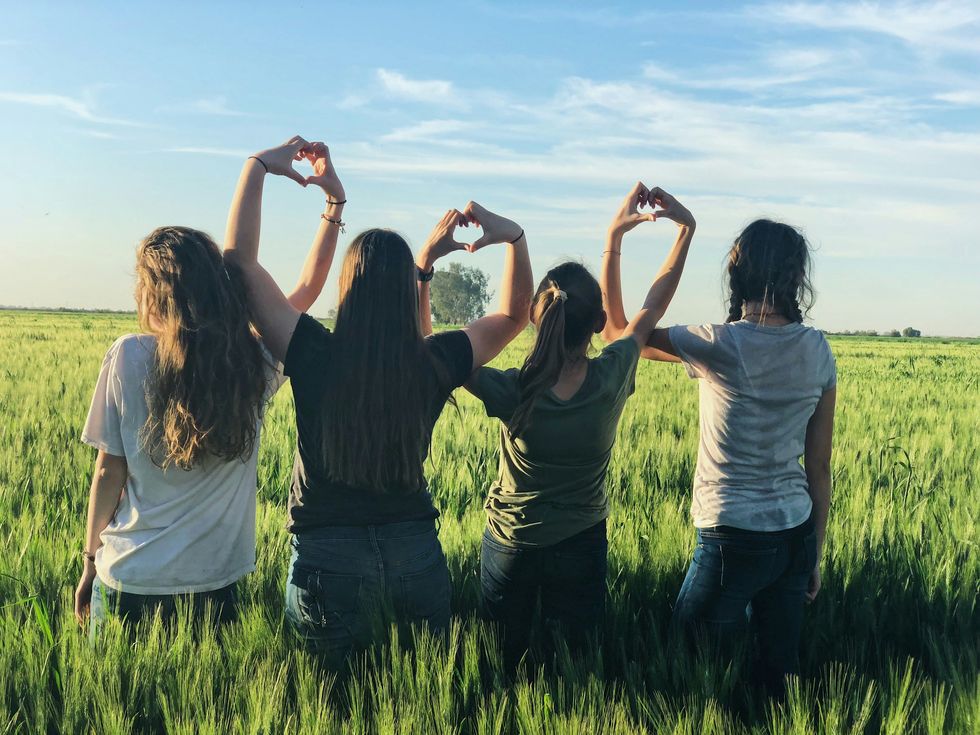 women forming
women forming  taking
taking  man in red polo shirt pouring wine on clear wine glass
Photo by
man in red polo shirt pouring wine on clear wine glass
Photo by  woman in black jacket standing on road during daytime
Photo by
woman in black jacket standing on road during daytime
Photo by 
 StableDiffusion
StableDiffusion
 StableDiffusion
StableDiffusion
 student thinking i shouldnt have procrastinated all semester
StableDiffusion
student thinking i shouldnt have procrastinated all semester
StableDiffusion
 Photo by
Photo by  Photo by
Photo by  Photo by
Photo by  StableDiffusion
StableDiffusion
 StableDiffusion
StableDiffusion
 Photo by
Photo by  Photo by
Photo by 


 Lumiere figure at the Disney Store at the Ala Moana Shoppi… | Flickr
Lumiere figure at the Disney Store at the Ala Moana Shoppi… | Flickr








 StableDiffusion
StableDiffusion StableDiffusion
StableDiffusion 10. Extra BlanketsJuwenin Home 100% Cotton Knitted Throw Blanket
10. Extra BlanketsJuwenin Home 100% Cotton Knitted Throw Blanket StableDiffusion
StableDiffusion StableDiffusion
StableDiffusion File:Kishlaru familie.jpg - Wikimedia Commons
File:Kishlaru familie.jpg - Wikimedia Commons Photo by Hanna Balan on Unsplash
Photo by Hanna Balan on Unsplash StableDiffusion
StableDiffusion black blue and yellow round illustrationPhoto by
black blue and yellow round illustrationPhoto by 









